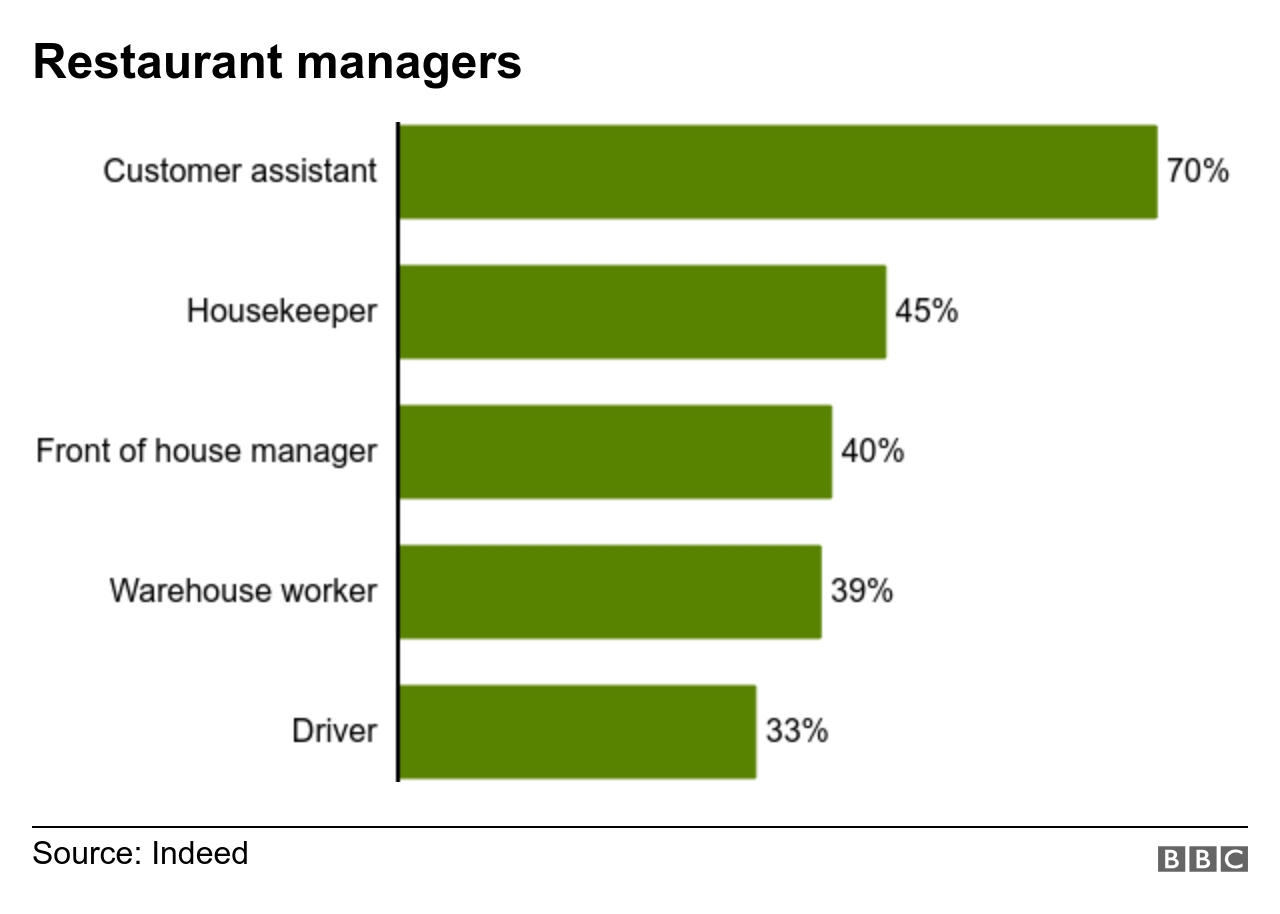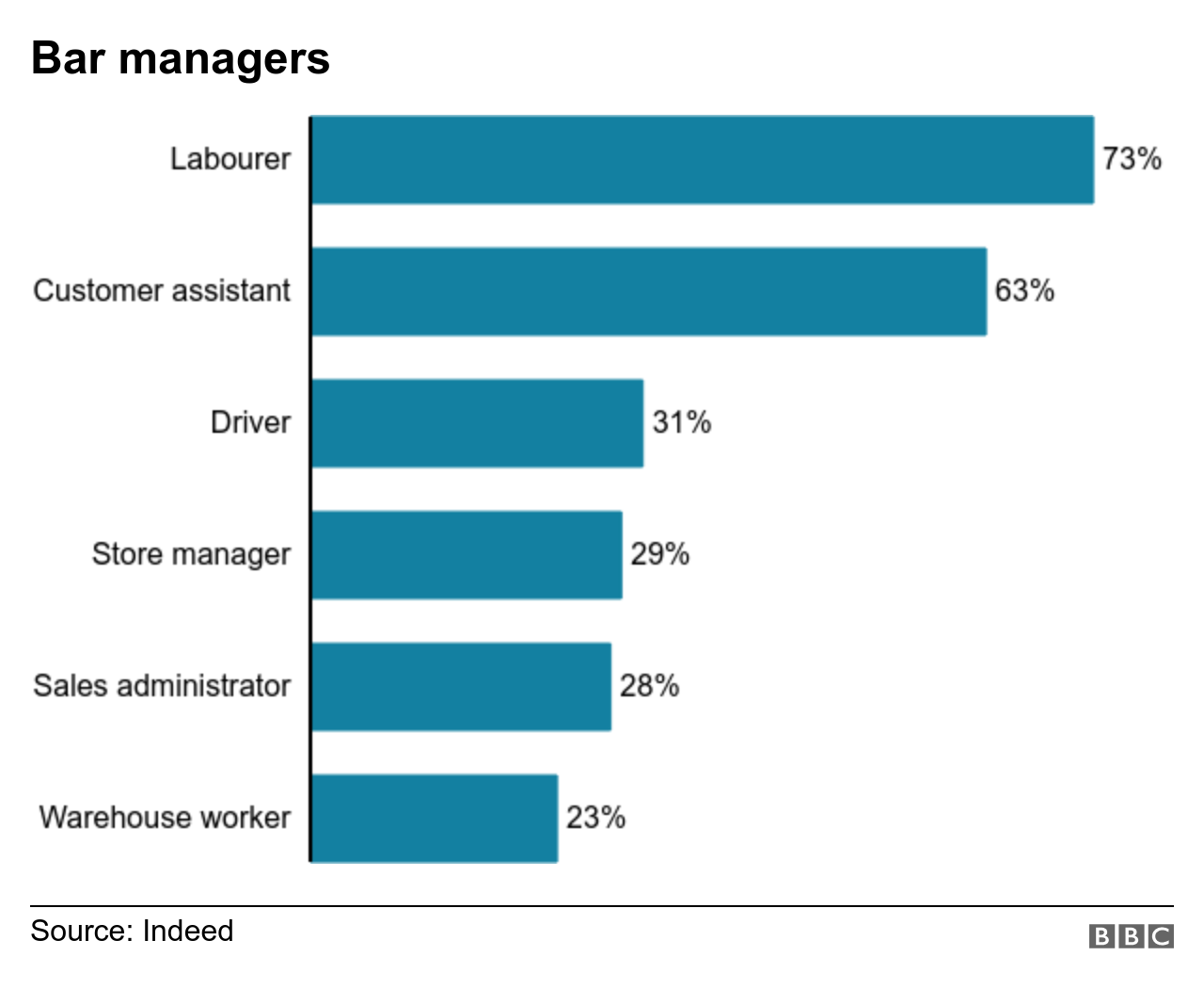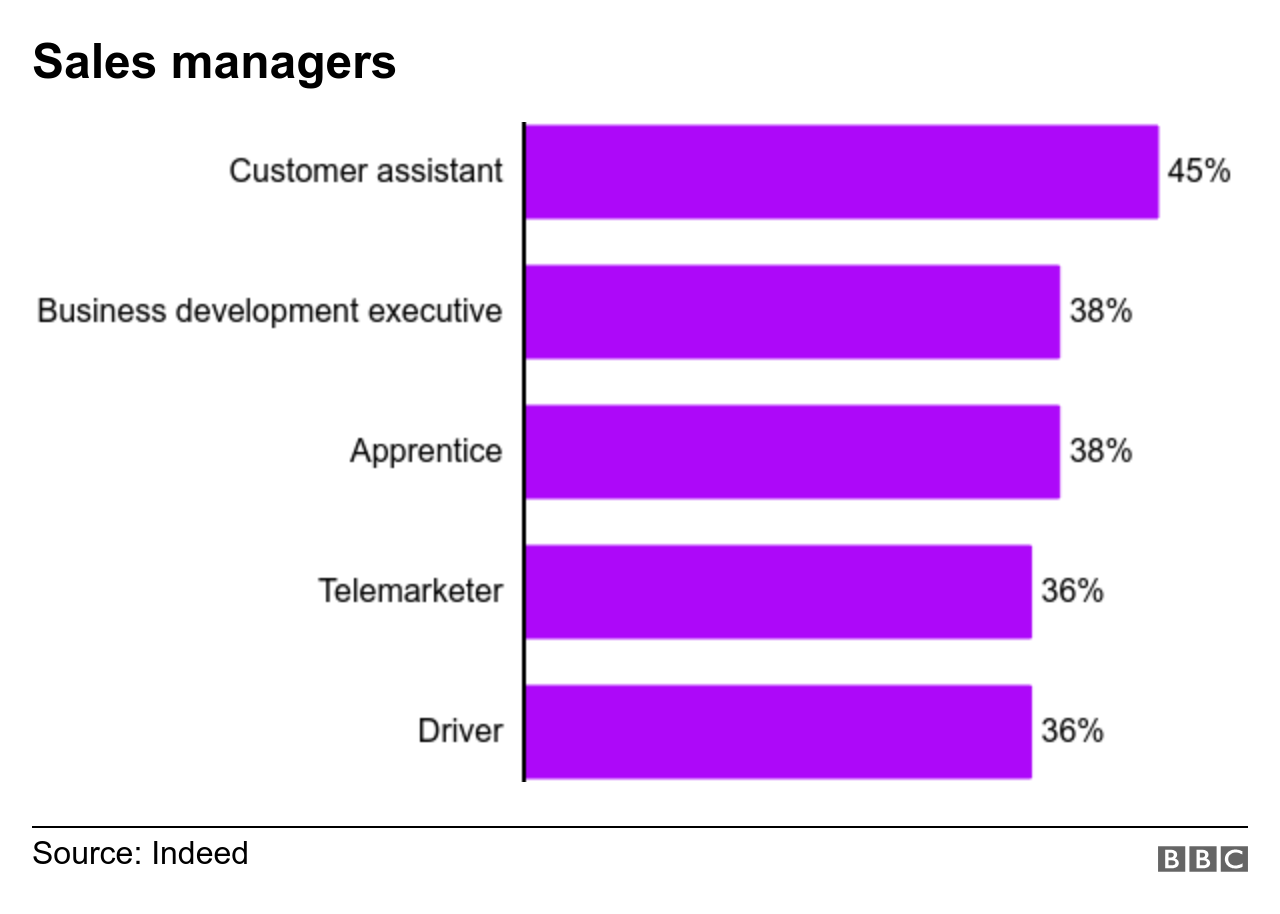
Not only are they struggling to find work, few employers even bother to reply to their job applications. To say they are frustrated is an understatement.
Emily, 28, is on furlough from her recruitment job at a law firm in Manchester. She is receiving 80% of her wage, but is looking for work to supplement her income - and there's also the uncertainty of when and if she will return.
"So far I've applied for 30 roles. I got rejections from three, and never heard back from anyone else. I've applied for everything - sales jobs, cashiers, shop work, restaurants, everything.
"I applied for one role and within 15 minutes got a rejection. How can they even read my application at that time?"
It's a similar experience for husband Nick, also 28, who has a degree in horticultural science. He's been applying for roles since March and says he is willing to work in any sector at any level, as bringing in some money is the most important thing.
"It's kind of frustrating to not hear back at all. It's just like silence," he said. "Do they want good workers or not? Even if I'm over-qualified for some positions, I would be a really good employee, so hire me. Hire me!"
'Toughest market in a generation'
If the finances don't improve soon, they may have to move back into Emily's parents' home.
The couple is proof of what economists have been saying for some time: conditions for job hunters over the past few months have arguably been the worse for decades.
Even well-qualified candidates are finding that they are applying for a shrinking number of roles, often many pay grades below what they are used to.
Employment recruiters report seeing up to ten times the normal number of applicants for positions compared with before the pandemic and fewer jobs are being advertised.
In the worse hit areas of the UK, 40-plus unemployed people are chasing every job. The Institute for Employment Studies (IES) says live job vacancies now stand at just 433,000 - less than half the number in February.
IES director Tony Wilson describes it as the "toughest jobs market in a generation".
For example, analysis of hundreds of thousands of CVs at the online jobs site Indeed, suggests managers in the hard-hit UK hospitality and sales sectors are increasingly applying for low paid, entry-level jobs in different industries, such as the dearth of positions.

The following graphs, based on Indeed data, illustrate online job searches by managers in the hospitality sector and what sectors they are looking at. It covers the increase from Jan-July 2019 to Jan-July 2020.




Indeed, which has more than 14 million CVs on its books, found a 73% increase in bar managers looking at laborer jobs in construction between January-July year-on-year.
There was a 70% rise in restaurant managers looking at customer assistant jobs over the same period, and a 36% increase in sales managers looking at driving jobs.
Indeed, economist, Jack Kennedy said: 'Fewer job vacancies and rising unemployment has caused a squeeze for jobs with many experienced candidates in sectors hardest hit by the downturn clicking on jobs outside of their occupation."
15,000 applicants
The situation for graduate jobs is particularly difficult. In 2020, graduate jobs have dried up three times faster than normal leading to increased competition for roles.
The experience of some employers highlights just how fierce the competition for jobs is. Warwickshire-based engineering firm Lontra is opening a new production line in Tyseley, Birmingham, and received an astonishing 15,000 applicants for 10 jobs advertised last week.
Chief Executive Steve Lindsey said he expected the engineering roles to attract a couple of hundred candidates and was "surprised" to see the huge volume of applications.
"It's a reflection of the challenges out there, but also that manufacturing is an exciting sector to work in," he said.
 STEVE LINDSEY
STEVE LINDSEYThe majority of applicants were well skilled and from the Midlands region, where there has been a swathe of redundancies in the aerospace, motor, and transport sectors in recent months, including some 3,000 at Derby-based Rolls-Royce.
Mr Lindsey said there is a pool of people with transferable skills in the manufacturing sector.
"People are looking to us as a growth company which is expanding and I think that's important in these troubled times," he said.
For 28-year-old Rebecca Priestley, from Bradford, becoming unemployed for the first time in her life was a huge shock.
For the last decade, she's done a nine-to-five job in communications at a High Street bank. Just before lockdown she was made redundant and has been searching for similar roles in West Yorkshire ever since.
 REBECCA PRIESTLEY
REBECCA PRIESTLEY"It's the not knowing when your next salary is going to be that is really daunting," she said. "I have no problem going for a role in a cafe, or stacking shelves in the supermarket, but it would be great to keep developing the skill set I have rather than being forced into doing something completely different."
After months of filling in applications, Rebecca says the rejections are taking their toll. She's even applying for unpaid internships to broaden her skills.
"Your mental health does take a battering and it is really hard sending the applications out and not hearing anything back. With every application that goes out the door it chips away at your confidence," she said.
Her fear is that job hunting is set to become even more competitive when the furlough scheme winds down in the autumn.
"There are going to be even more redundancies. It's already dog-eat-dog and it is only going to get worse," she said.

Kate McCarthy-Booth's Warrington-based employment agency, McCarthy Recruitment, specializes in placing people in retail and hospitality jobs across the UK.
"Instead of 50 applications per role, you are now hitting 500 to 600," she says. "The demand is huge and you see some people who are applying for every role."
She says some companies are worried about taking on someone who is over-skilled because "maybe they won't be as hands-on, or it could be a concern about will they stay long term or is it just a stop-gap?"
She said it takes a lot of money to train people, "and employers are thinking: will they just leave us at the end of the year, when Covid is over?'
It could, of course, be really positive for an employer, as there is some great talent on the market at the moment, she says.
For job-seekers, however, the future points to their hunt for work becoming even demoralizing.
